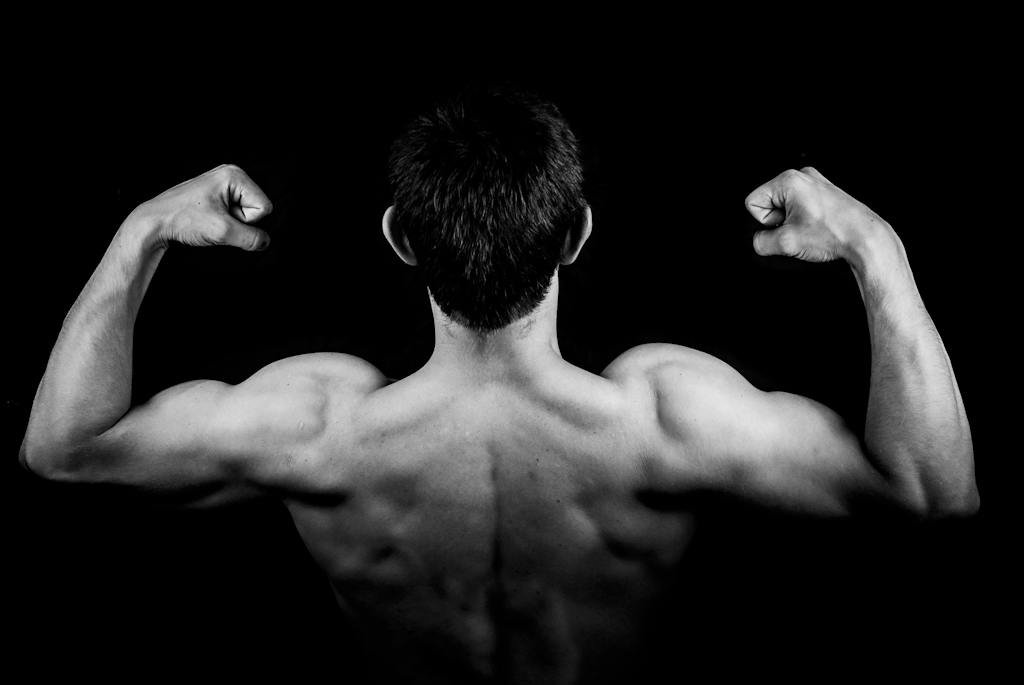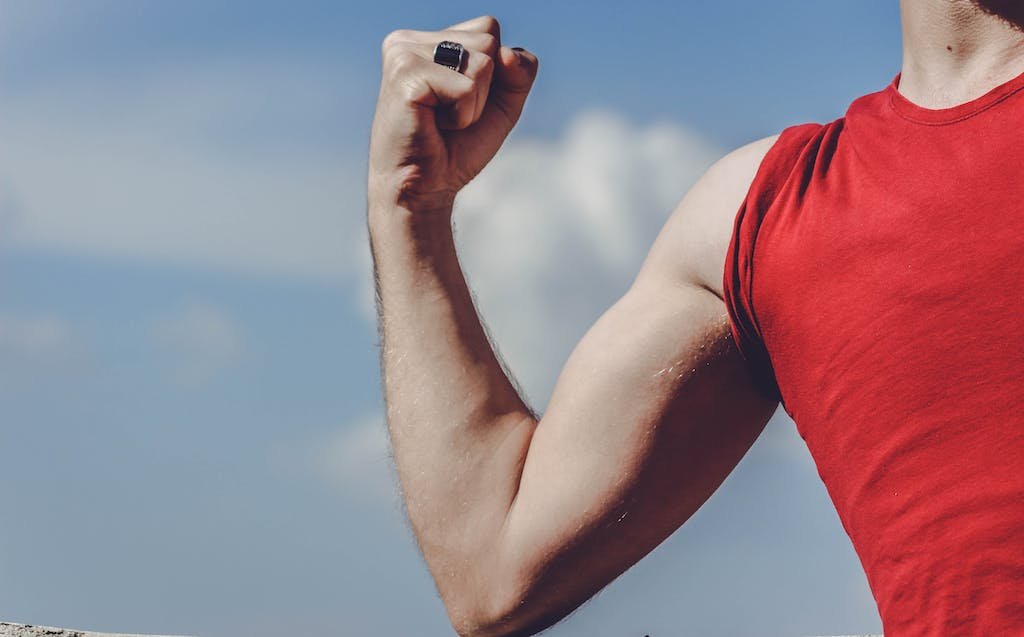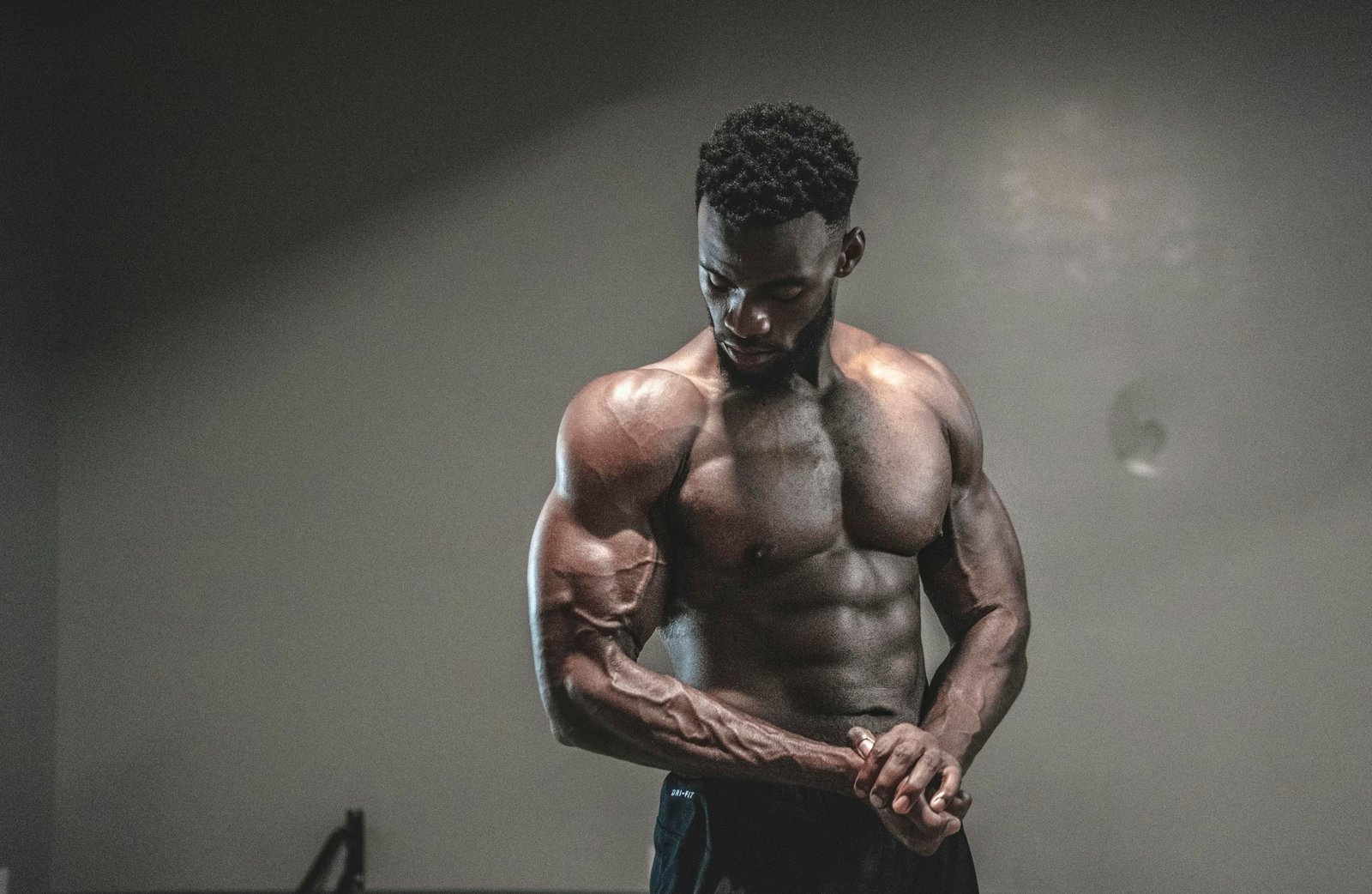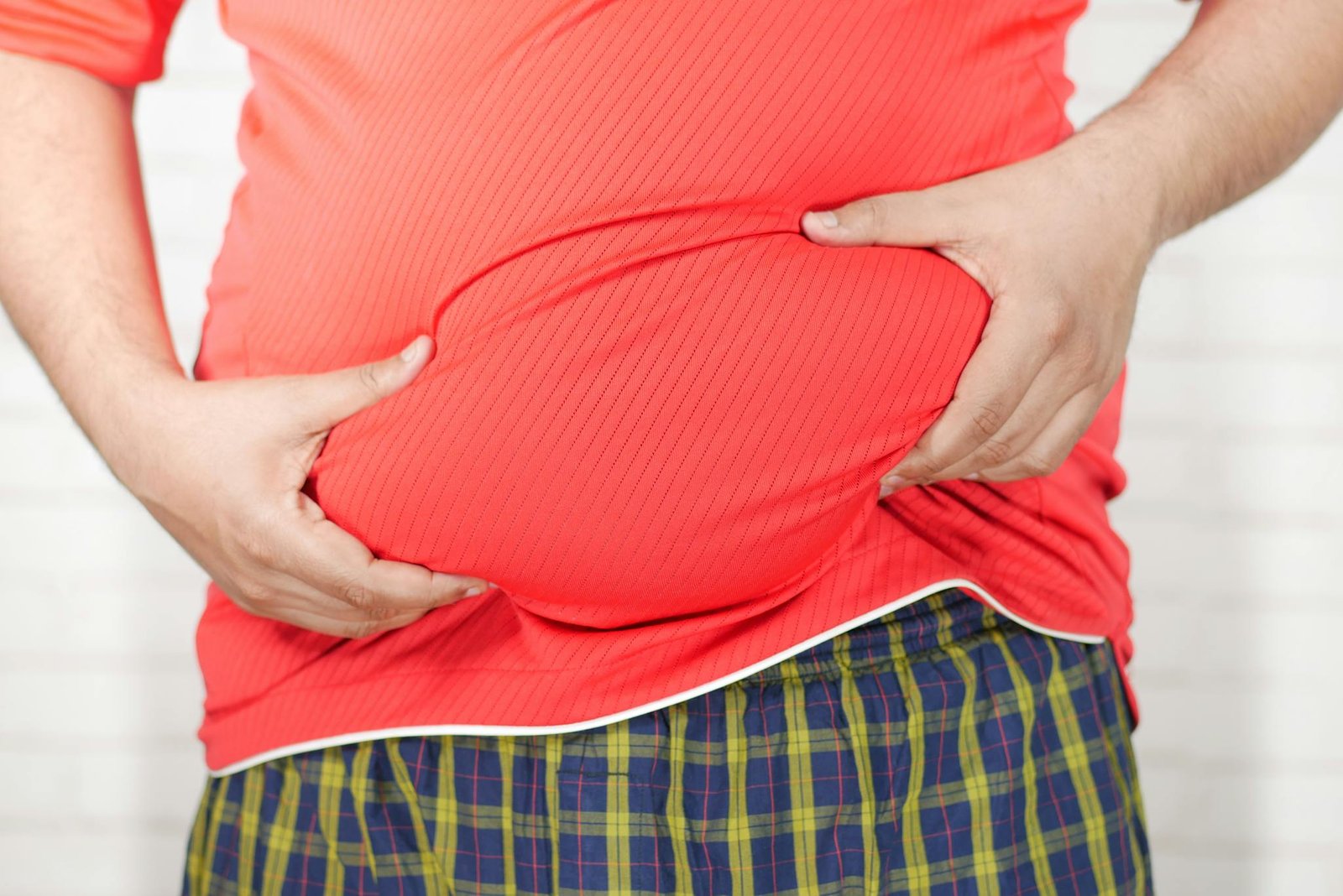Drinking Water After Exercise for Muscle Recovery
There are some affiliate links below, but they are all products I highly recommend. For more info, view my disclosure here.
Are you looking for a simple and effective way to enhance your muscle recovery after exercise? Look no further than drinking water!
Hydration plays a crucial role in supporting muscle repair, preventing cramps, and reducing fatigue. By replenishing your body with water at the right time and in the right amounts, you can optimize your muscle recovery and achieve better results.
We will explore the importance of drinking water after exercise and provide you with helpful tips for maximizing your muscle recovery through hydration.
The Importance of Hydration for Muscle Recovery
Staying hydrated is crucial for your muscles to recover effectively after exercise. When you exercise, your body loses water through sweat, and this can lead to dehydration if you don’t replenish those fluids. Dehydration can have a negative impact on your muscle recovery process.
When you’re dehydrated, your muscles can cramp up and feel fatigued. This is because water plays a key role in maintaining muscle function and preventing muscle damage. It helps to transport nutrients and oxygen to your muscles, ensuring they’ve the necessary resources to repair and rebuild.
Furthermore, staying hydrated helps to flush out toxins and waste products that can accumulate in your muscles during exercise. This allows for better circulation and improved recovery.
Drinking water after exercise is especially important if you’ve engaged in high-intensity or prolonged workouts. These types of exercises can cause significant fluid loss, and failing to replenish those fluids can hinder your muscle recovery and performance.
In addition to water, you can also consider consuming sports drinks that contain electrolytes. Electrolytes are minerals like sodium, potassium, and magnesium that help to maintain fluid balance and enhance muscle function.
To ensure proper muscle recovery after exercise, make it a habit to drink water and stay hydrated throughout your workout and afterwards. Your muscles will thank you for it.

How Water Supports Muscle Repair and Growth
You can enhance muscle repair and growth by replenishing your body with H2O. Drinking water after exercise is crucial for supporting your muscles’ recovery process. When you exercise, your muscles undergo stress and exertion, leading to tiny tears in the muscle fibers. These tears need to be repaired in order for your muscles to grow and become stronger. Water plays a vital role in this repair process.
During exercise, your body loses water through sweat, and it’s important to replenish this lost fluid. Water helps transport essential nutrients and oxygen to your muscles, aiding in their repair and growth. It also helps remove waste products, such as lactic acid, from your muscles, which can cause soreness and fatigue.
Staying hydrated after your workout also helps maintain the balance of electrolytes in your body. Electrolytes, such as sodium and potassium, are essential for proper muscle function. They help regulate muscle contractions and prevent muscle cramps. Drinking water helps restore these electrolytes and keeps your muscles functioning optimally.
In addition to aiding in muscle repair and growth, water also helps prevent dehydration, which can lead to decreased performance, fatigue, and muscle cramps. So remember, after your workout, don’t forget to hydrate by drinking plenty of water. Your muscles will thank you!
The Role of Hydration in Preventing Muscle Cramps and Fatigue
To prevent muscle cramps and fatigue, it’s important to stay hydrated and replenish your body with fluids. When you exercise, your body loses water through sweat, and if you don’t replace that lost fluid, it can lead to dehydration. Dehydration can cause muscle cramps, as well as a decrease in muscle performance and overall fatigue. When you’re dehydrated, your muscles aren’t able to function properly, leading to a higher risk of cramping and feeling exhausted.
Drinking water after exercise is crucial for muscle recovery. Water helps to flush out waste products, such as lactic acid, from your muscles. It also aids in the transportation of nutrients to your muscle cells, which is essential for repair and growth. By replenishing your body with fluids, you’re providing your muscles with the necessary resources to recover and rebuild.
In addition to water, you can also consider consuming sports drinks that contain electrolytes. Electrolytes, such as sodium and potassium, help to maintain proper muscle function and hydration levels. These drinks can be particularly beneficial if you’ve been exercising intensely or for an extended period of time.

Optimal Timing for Drinking Water After Exercise
Make sure to hydrate properly after your workout, as this is crucial for replenishing your body and aiding in muscle repair. Timing is also important when it comes to drinking water after exercise. After an intense workout, your body needs to recover and restore its hydration levels. The ideal time to drink water is within 30 minutes to one hour after your workout. This is when your muscles are most receptive to nutrient absorption and hydration. By drinking water during this time frame, you can optimize the recovery process and promote muscle repair.
During exercise, your body loses water through sweat, which can lead to dehydration. Replenishing lost fluids after your workout is essential to prevent fatigue, muscle cramps, and even heat-related illnesses. By hydrating promptly, you can replace the water you’ve lost and help your body recover more efficiently.
In addition to rehydration, drinking water after exercise promotes muscle repair. When you work out, your muscles experience micro-tears, which need to be repaired for muscle growth and recovery. Water plays a vital role in this process, as it helps transport nutrients and oxygen to your muscles, aiding in their repair and growth.
How Much Water Should You Drink After a Workout
The amount of water you should consume after your workout depends on factors such as your body weight, the intensity of your exercise, and the duration of your workout. It’s essential to replenish the fluids lost during exercise to maintain optimal hydration levels and support muscle recovery.
As a general rule, it’s recommended to drink at least 16 to 24 ounces of water for every pound of body weight lost during exercise. For example, if you lost 2 pounds during your workout, you should aim to drink between 32 and 48 ounces of water afterward.
However, if you engaged in high-intensity or prolonged exercise, you may need to consume more water to compensate for the increased fluid loss through sweat. It’s crucial to listen to your body’s thirst cues and drink water accordingly.
Tips for Enhancing Muscle Recovery Through Hydration
Ensuring that you stay properly hydrated can greatly enhance the recovery of your muscles. After a challenging workout, your body loses water through sweat, and it’s crucial to replenish those fluids to support muscle repair and growth. Drinking water not only helps to prevent dehydration but also helps to transport essential nutrients to your muscles, aiding in their recovery process.
To enhance muscle recovery through hydration, it’s recommended to drink water immediately after your workout. Aim to consume at least 16 to 20 ounces of water within 30 minutes of completing your exercise session. This will help to restore your body’s fluid balance and kickstart the recovery process. Continue to hydrate throughout the day by drinking water regularly.
If you engage in intense or prolonged exercise, consider including electrolyte-rich beverages or sports drinks in your hydration routine. These beverages can help to replenish electrolytes lost through sweat and provide additional nutrients that support muscle recovery. However, be cautious of consuming drinks high in sugar content, as they can negate the benefits of hydration.
Remember, proper hydration isn’t only important during exercise but also before and after. By maintaining a consistent hydration routine, you can optimize muscle recovery, prevent muscle cramps, and promote overall health and well-being.
Other Hydration Strategies to Consider for Muscle Recovery
If you prefer variety in your hydration routine, consider incorporating electrolyte-rich beverages or sports drinks to support your muscle recovery. While drinking water is essential for staying hydrated, electrolyte-rich beverages can provide additional benefits that can aid in muscle recovery. These beverages contain electrolytes such as sodium, potassium, and magnesium, which are lost through sweat during exercise. By replenishing these electrolytes, you can help restore the balance in your body and support optimal muscle function.
Sports drinks, in particular, are formulated to provide a balance of electrolytes and carbohydrates, which can help replenish energy stores and promote faster recovery. They’re designed to be easily absorbed by the body, making them a convenient option for post-workout hydration. Many sports drinks also contain vitamins and minerals that can further support muscle recovery and overall wellness.
It’s important to note that while electrolyte-rich beverages and sports drinks have their benefits, they shouldn’t replace water as your main source of hydration. Water remains crucial for maintaining overall hydration levels and supporting various bodily functions. However, incorporating electrolyte-rich beverages or sports drinks into your hydration routine can offer a refreshing change while providing the necessary nutrients to support your muscle recovery.







